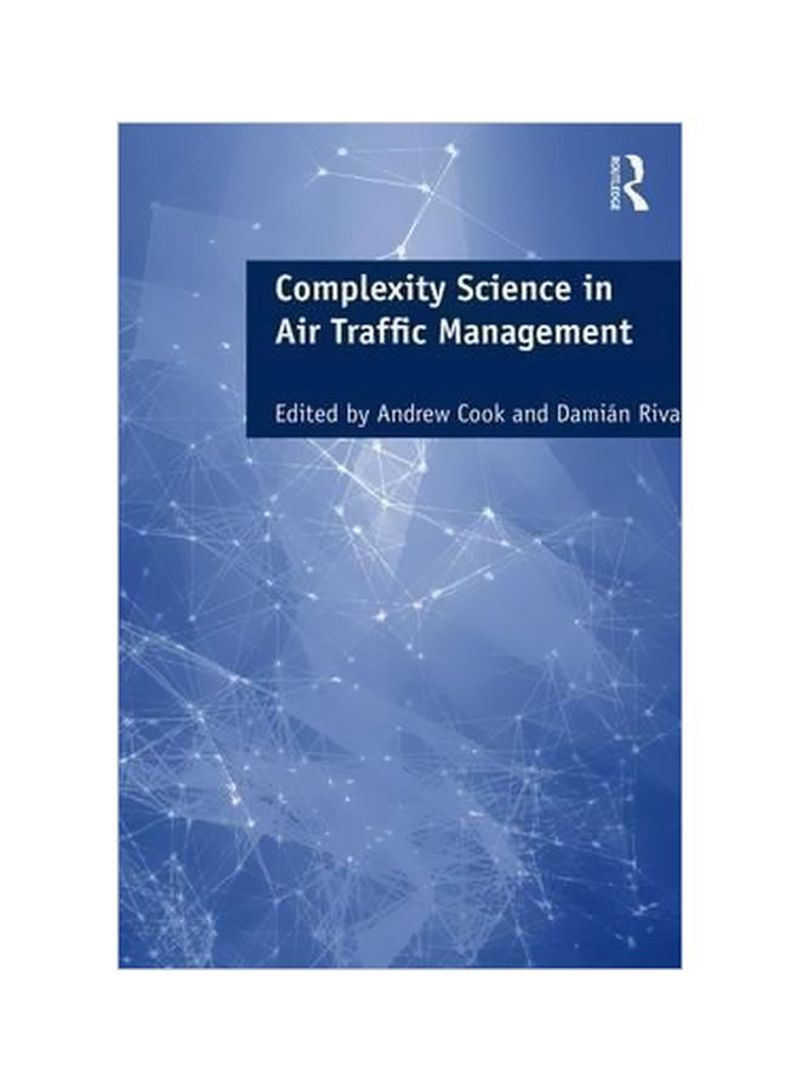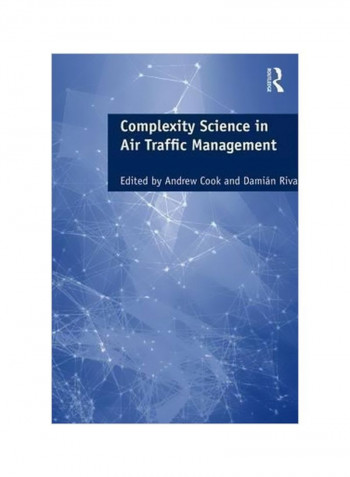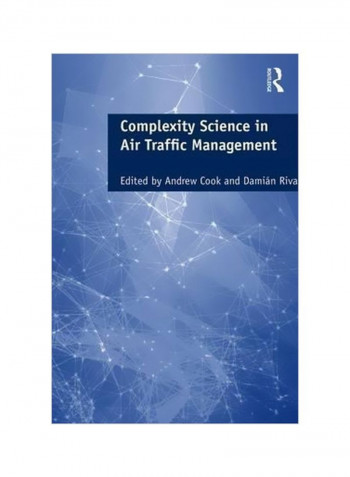Complexity Science In Air Traffic Management Hardcover
Recommend
Sort by
Rating
Date
Specifications
Author 1
Professor Damian Rivas
Book Description
Air traffic management (ATM) comprises a highly complex socio-technical system that keeps air traffic flowing safely and efficiently, worldwide, every minute of the year. Over the last few decades, several ambitious ATM performance improvement programmes have been undertaken. Such programmes have mostly delivered local technological solutions, whilst corresponding ATM performance improvements have fallen short of stakeholder expectations. In hindsight, this can be substantially explained from a complexity science perspective: ATM is simply too complex to address through classical approaches such as system engineering and human factors. In order to change this, complexity science has to be embraced as ATM's 'best friend'. The applicability of complexity science paradigms to the analysis and modelling of future operations is driven by the need to accommodate long-term air traffic growth within an already-saturated ATM infrastructure. Complexity Science in Air Traffic Management is written particularly, but not exclusively, for transport researchers, though it also has a complementary appeal to practitioners, supported through the frequent references made to practical examples and operational themes such as performance, airline strategy, passenger mobility, delay propagation and free-flight safety. The book should also have significant appeal beyond the transport domain, due to its intrinsic value as an exposition of applied complexity science and applied research, drawing on examples of simulations and modelling throughout, with corresponding insights into the design of new concepts and policies, and the understanding of complex phenomena that are invisible to classical techniques.
ISBN-10
1472460375
Language
English
Publisher
Taylor & Francis Ltd
Publication Date
27 June 2016
Number of Pages
170
About the Author
Andrew Cook is a Principal Research Fellow at the University of Westminster, where he manages the Department's ATM research. He has been a research fellow of the University for over 20 years. Leader of ten projects for EUROCONTROL, Andrew is currently engaged in several projects in SESAR's Workpackage E (long-term and innovative research), in addition to air transport industry and EU framework research coordination. Other responsibilities include serving on the programme committee for the annual SESAR innovation conferences and on the Editorial Board of the Journal of Aerospace Operations. Andrew has published widely in ATM, across a number of domains, and frequently reviews journal submissions for Elsevier. He was editor of the first book on European ATM, published by Ashgate. Andrew holds a BA (Hons) Natural Sciences, with supplementary Distinction, and a DPhil Physiological Sciences, both from the University of Oxford. Damian Rivas received his first degree in Aeronautical Engineering from the Polytechnic University of Madrid and has a PhD from Case Western Reserve University (Cleveland, Ohio). He is currently Professor in the Department of Aerospace Engineering of the Universidad de Sevilla, teaching flight mechanics and air navigation; Director of the Group of Aerospace Engineering of the University of Seville; scientific coordinator of the SESAR WP-E ComplexWorld Network; and a member of the programme committee of the annual SESAR Innovation Days conferences. His main research interests are aircraft trajectory optimisation, aircraft conflict detection and resolution, and uncertainty propagation in air traffic management.



